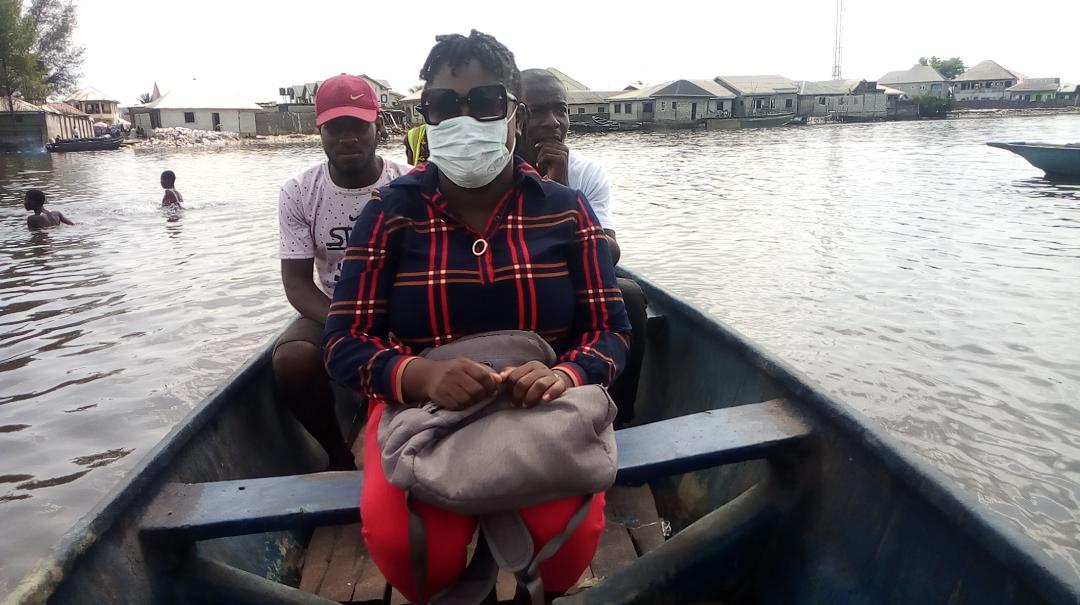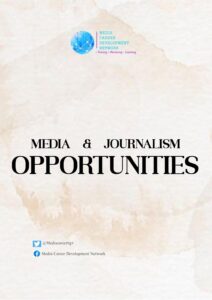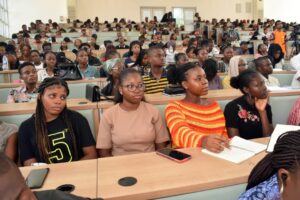Elfredah Kevin-Alerechi writes on what she learnt from a webinar by the International Centre for journalists and how she has been applying the lessons in her coverage of COVID-19
I never liked Virtual/webinar meetings but COVID-19 has left me with no choice but to adapt to the current trend.
The outbreak of COVID-19 took journalists globally by surprise and I am among those who have severally been stressed out with the coverage of the pandemic.
To enhance the knowledge of journalists on the new disease and skills of reporting, many organizations started introducing online training, but some journalists lacked the knowledge and finance to participate.
Some young and freelance journalists depend on what they get from grants that don’t come often and the little stipends from their offices.
Good enough, Media Career Development Network (MCDN) bridged the gap that I had to boldly register and participate in the Self-Care on the frontline: What would a responsible Journalist do? Webinar by the International Centre For Journalists (ICFJ)
I had initially ignored the invitation to participate in the webinar since my 4G network would cost me much data which I could not afford as a freelance journalist.
With the offer by MCDN that Journalists who want to participate in any of the webinars on COVID-19 would be supported with funding to get data for internet subscription, I indicated interest and got the support I need.
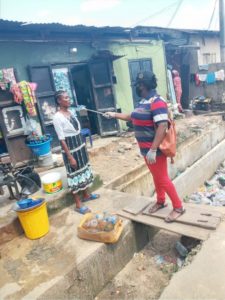
Was the Webinar worth it?
Damn, I needed it to enhance my reportorial skills on COVID-19. I learnt a lot and it has started impacting my reporting.
According to the resource person, Elaine Monaghan, “Truly, there are so many stress for journalists being at the frontline. It’s easy to forget that you are not just a Journalist, but you are first a human being”.
She said there are things for us to do to be okay because if you are not okay, you can’t do those things and oftentimes Journalists like taking the risk to tell this story.
I pondered on her statement and remembered how often times I take risks to tell certain stories forgetting the implications, but the emergence of coronavirus pandemic really bored and stressed me as it seems to be the worst pandemic affecting journalists globally where all angles are important to be covered and not only for the health reporters.
Here are eight key points I have imbibed from the webinar
- Get enough sleep
- Drink enough water
- Take a break. Find chances to break away from the story you are covering.
- Find the time and take a walk.
- Do something that makes you feel good.
- Talk to your friends and colleagues if you need it.
- Ask for help and know who to ask.
8. Before you should go out to tell a story, think about, “Do I need to tell this story in person”? If yes, then start looking at safety measures
READ ALSO: HOW TO WRITE IMPACTFUL STORIES
After the webinar, I pondered a bit on the eight point in my list, “Do I need to tell this story in person”? If yes, then start looking at safety measures
I noted the statement since in a few days I would visit a remote area in rivers state to ask residents to share stories during COVID-19 from a grant for PagedInitiative.
I started thinking of my safety. This is what I have never thought of since the outbreak of COVID-19 to observe safety measure even as one who has been reporting the safety measures as recommended by WHO. First, I searched for a place to buy a face mask, which wasn’t easy, not the cost but the availability of the mask. I searched each pharmacy around my area until I got for N500, nose mask that was sold for N50. With my glove, and hand sanitizers I knew I was set to move.
So, on getting to the community I practised what I was taught and this was what I said I would do after the webinar when filling the survey form that “each time I am going out especially to cover any event at this time of coronavirus, I must go with my face mask, hand gloves, hand sanitizer and observe social distancing,” something I had earlier took for granted.
I didn’t just stop there, I now protect myself whenever I am going out. Two days ago, I went to a rural-urban area in Rivers State. Though I know that the people are well educated of the safety measures of COVID-19, I didn’t relent in taking some of my PPE. I went with my hand gloves, hand sanitizer, my selfie-stick since I do not have a boom mic or equipment to ensure social distancing.
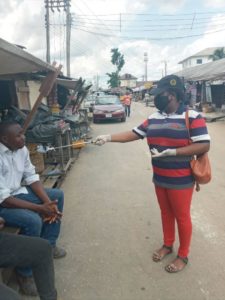
Like Eliana advised, before journalists go out, we should think if the story needs us in person else no need of going out because we must be healthy to tell the story. I do not go out as often as I do, I call when necessary. I drink lots of water, rest more and watch movies. For the past few days, I had gone away from listening every day to stories of coronavirus. This would reduce the impact and stress of coronavirus on me.
I go as far as sanitizing the body of my phone and selfie stick since I can’t wash it on a running tap with soap and water.
My sincere appreciation to MediaCareerNg for the support.
